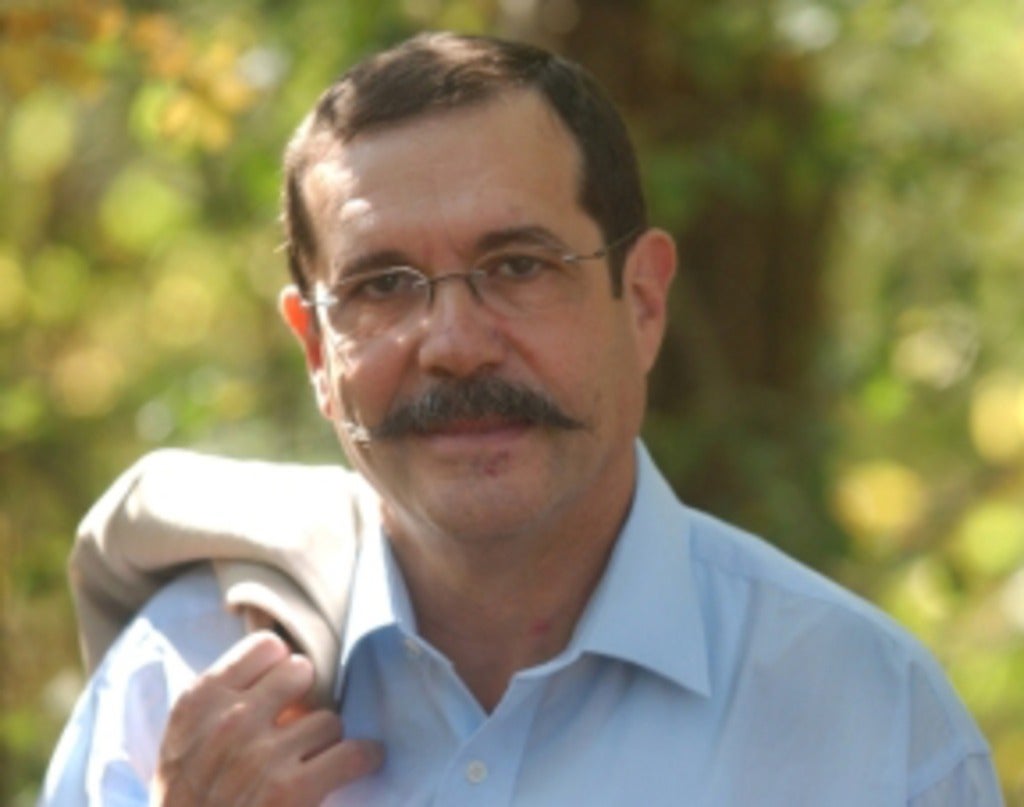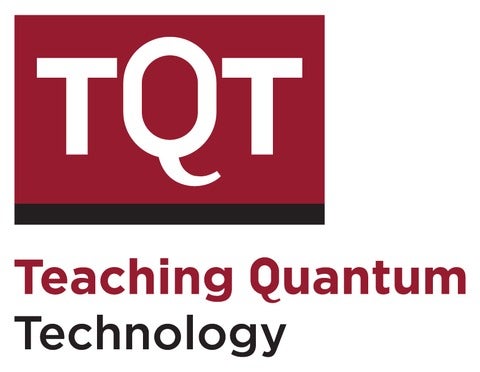Quantum Frontiers Distinguished Lecture: Alain Aspect
Alain Aspect, Institut d'Optique
From Einstein to Wheeler: wave particle duality for a photon
 Join us for the next Quantum Frontiers Distinguished Lecture Series when Dr. Alain Aspect will talk about the weirdness of wave particle duality.
Join us for the next Quantum Frontiers Distinguished Lecture Series when Dr. Alain Aspect will talk about the weirdness of wave particle duality.

